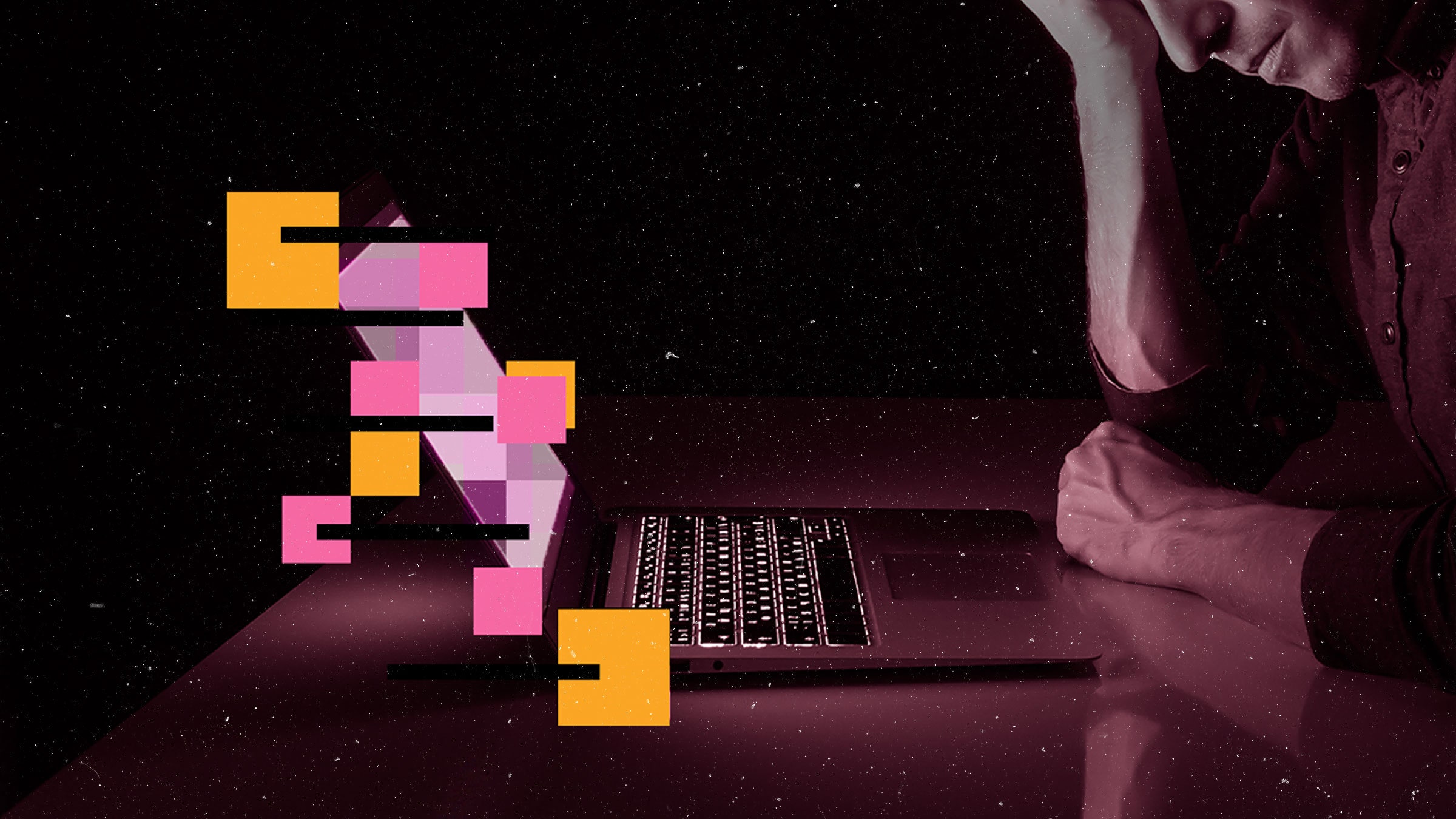Inequality Is a Health Risk—and It’s Getting Worse
…

Inequality Is a Health Risk—and It’s Getting Worse
Inequality in society has far-reaching consequences, with one of the most concerning being its impact on health. Studies have shown that individuals in lower socioeconomic groups are more likely to experience chronic health conditions, such as heart disease, diabetes, and mental health disorders.
Furthermore, disparities in access to healthcare services mean that those at the bottom of the economic ladder often face barriers to receiving the necessary care. This lack of access can result in untreated illnesses and a lower quality of life for those affected.
As inequality continues to rise, so too does the health risk for those on the losing end of the economic spectrum. The stress of financial insecurity, inadequate housing, and lack of resources can take a toll on both physical and mental well-being.
Unfortunately, the gap between the haves and the have-nots shows no signs of narrowing, leading to a worsening health crisis among vulnerable populations. It is crucial for policymakers and healthcare professionals to address these disparities and work towards creating a more equitable society for all.
By addressing the root causes of inequality, such as systemic racism, poverty, and lack of access to education, we can begin to tackle the health risks associated with social disparities. Investing in social programs, healthcare initiatives, and community resources is essential to improving the overall health and well-being of our society.
Ultimately, the fight against inequality is not just a matter of social justice—it is a matter of public health. We must come together as a society to address these disparities and create a future where everyone has the opportunity to thrive and lead a healthy life.






